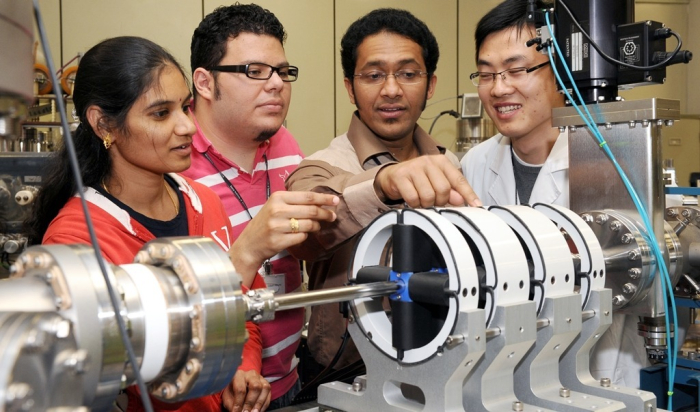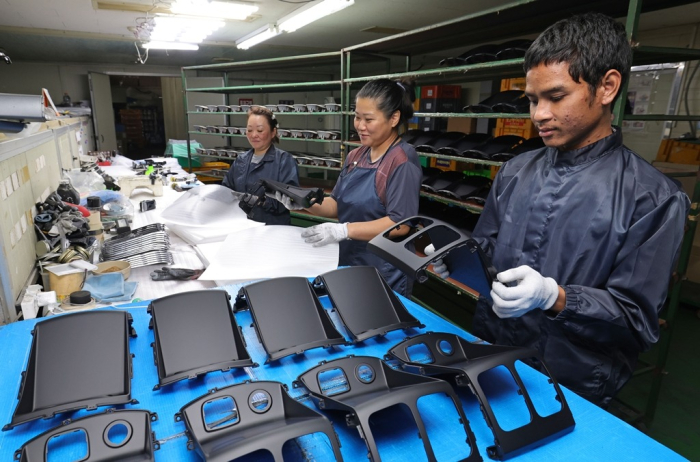
South Korea said on Wednesday it plans to create a new visa to attract high-level foreign talent for advanced industries such as artificial intelligence, semiconductors, batteries, bio and robotics in a bid to reboot Asia’s fourth-largest economy.
“Major countries such as the US, Japan and Singapore are providing bold incentives to secure talent in high-tech industries such as artificial intelligence, semiconductors and bio,” said Acting President and Minister of Economy and Finance Choi Sang-mok.
“We, which also have world-class technology and a dynamic economic environment, must create an optimal environment for overseas talent to settle and grow to lead global innovation,” Choi said.
The government plans to issue so-called “top-tier visas” for foreigners with work experience at more than eight years, including three years at at least one of the world’s 500 largest companies, after earning a master’s or doctoral degree from a world-top 100 university.
Those eligible for the visa must receive an annual salary of at least three times the country’s gross national income (GNI) per capita, or about 140 million won ($96,319), and plan to work for high-tech companies in South Korea.
BENEFITS
Top-tier visa recipients and their family members will be immediately granted a resident visa that allows them to work and settle in the country.
After three years, they are eligible to apply for permanent residency.
Other benefits include expedited electronic visa issuance and residence authorization, without the need to visit an embassy or immigration office, and the ability to invite parents and domestic helpers.
In addition, the government will allow foreigners with a master’s degree or higher from the world’s top 100 universities to seek jobs for two years in South Korea, even if they are not already employed in the country.
YOUTH DREAM VISAS
South Korea is also set to launch a visa to provide career and cultural experience opportunities for young people from nations that fought for the country in the Korean War or nations in economic partnership with South Korea.
The visa program will be run in cooperation with local governments and universities to attract foreigners to regions suffering from labor shortages.

In addition, the government plans to introduce a pilot program in March that will allow local authorities to nominate foreigners and the Ministry of Justice to vet and issue visas for them.
Currently, the country applies the same rules nationwide for visa issuances, but the program will allow provincial governments to design their own visa systems to encourage more foreigners to settle there.
South Korea also plans to collect proposals on visa policy to systematically reflect demand for foreign workers in the economy in a bid to proactively respond to changes in the industrial and labor structure.
“The economy is facing rapid demographic changes, technological innovations, and upheavals in the global industrial environment,” Choi said. “It is not an option but a necessity to utilize foreign labor to adapt to the change and revitalize the economy and society.”
By Seo-Woo Jang
suwu@hankyung.com
Jongwoo Cheon edited this article.














